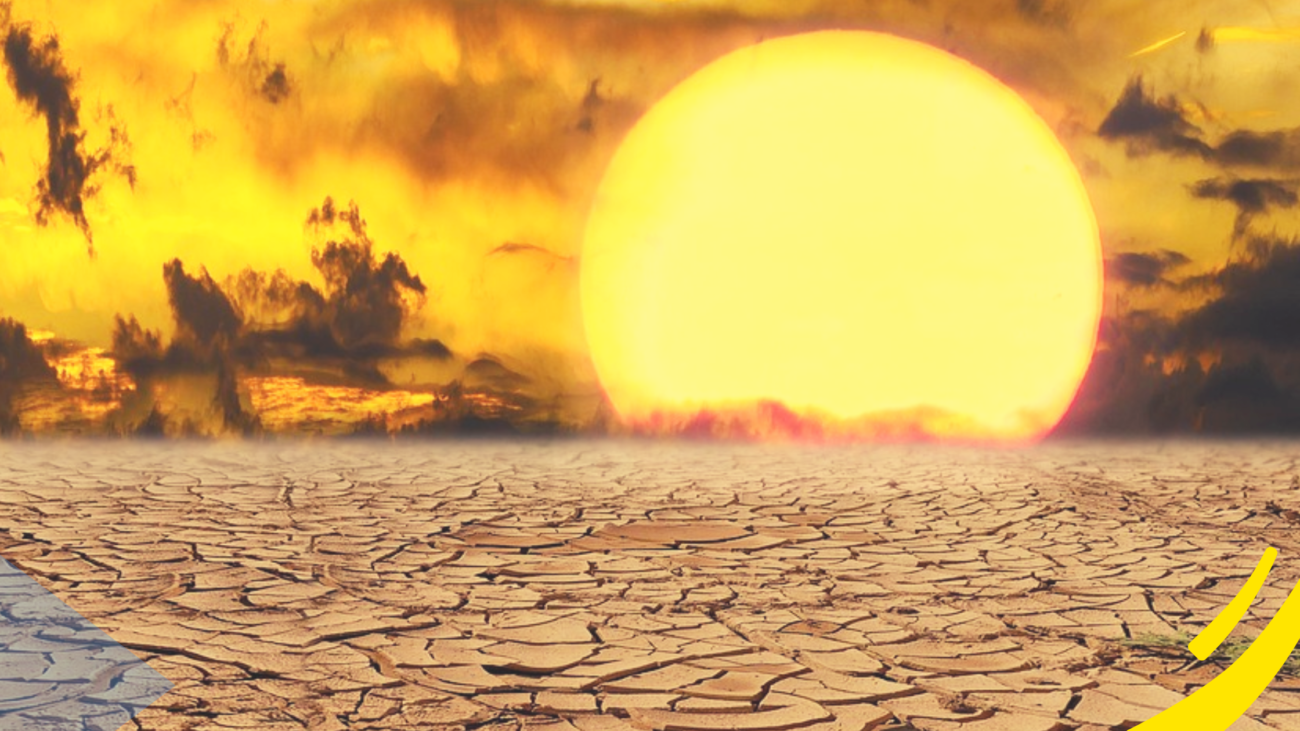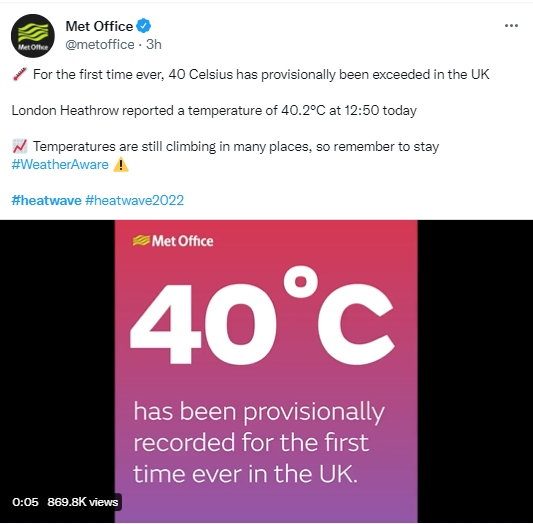What is a heat wave?
A heat wave is defined as a period of abnormally hot weather lasting two or more days. In extremely hot weather, your body’s natural cooling system can be overwhelmed, leading to potentially fatal overheating. Symptoms of overheating include flushed skin, headache, nausea, and dizziness.
If you experience any of these symptoms, it’s important to get out of the heat and into a cool environment immediately. To avoid this dangerous situation, follow these tips to prevent yourself from overheating during a heatwave.
How to protect yourself from overheating?
1) Stay out of the sun during extremely hot weather, and if you must go outside, wear loose, light-colored clothing and a hat.
2) Drink plenty of fluids, even if you don’t feel thirsty. Avoid alcohol and sugary drinks.
3) Slow down and avoid strenuous activity.
4)Take a cool shower or bath, or use a damp cloth to cool your skin.
5) Keep your home cool by using fans or air conditioning, and open the windows at night when the temperature outside is cooler than inside.
6) Check on elderly relatives, friends, and neighbours who may be less able to take care of themselves during a heat wave.
7) Consider whether pets should be brought indoors during extremely hot weather, especially in vehicles parked in direct sunlight for long periods.
8) If outdoor activities are necessary, drink cold water often and try to limit sweating by wearing lightweight clothing and doing these activities early in the morning or late in the evening.
9) Consider scheduling outdoor work for milder temperatures from June through September when daytime temperatures usually stay below 85 degrees Fahrenheit (29 degrees Celsius).
Coping strategies for the heat wave
a) Drink lots of fluids, especially water. Avoid sugary drinks, alcohol, and caffeine, which can dehydrate you.
b) Stay in air-conditioned spaces as much as possible. If you don’t have air conditioning at home, go to the library or a shopping mall.
C) Slow down. Don’t overexert yourself when it’s hot outside. Avoid strenuous activity, and take breaks often if you have to be active in the heat.
d) Wear loose, light-colored clothing made of breathable fabrics like cotton.
e) Protect your skin with sunscreen and avoid being in direct sunlight for too long.
f) Keep an eye on family members who are more sensitive to high temperatures such as infants, young children, pregnant women, and people who are chronically ill.
g) Check on elderly neighbours who may not know how to stay cool indoors during a heat wave.
h) Avoid driving unless necessary—a car is one of the hottest places you can be during a heat wave!
How can family members/friends help those who are at risk?
It’s important to keep an eye on elderly family members or friends, as they are more at risk of overheating.
If you have a baby or young child, make sure to keep them hydrated and out of direct sunlight. Never leave them in a car, even for a short period as temperatures can rise quickly.
If you must be outside during a heat wave, take frequent breaks in a cool, air-conditioned space. Drink lots of fluids, especially water, and avoid alcohol or sugary drinks.
Wear loose, light-colored clothing and sunscreen. Check on your neighbours, especially those who are elderly or have young children, to make sure they are staying cool and hydrated.
Where to get further information on health and wellbeing during a heatwave?
If you’re worried about overheating or you have concerns about your health during a heatwave, there are plenty of resources available. The NHS has a comprehensive guide on its website, which includes information on how to spot the symptoms of heat exhaustion and heat stroke. You can also find tips on how to stay cool, hydrated, and comfortable during a heatwave.
Local councils also typically provide advice and support during periods of high temperatures. This is one of their responsibilities under the Environmental Protection Act 1990. For example, Wandsworth Council states that they will put up extra publicity boards in strategic places and issue frequent updates via social media.
Heat waves’ harmful effects on health
A heat wave is a period of high temperatures, typically over 32°C (90°F), that lasts for more than two days. The main health hazard during a heat wave is dehydration, which can lead to heat exhaustion or heat stroke.
Other health issues that heat waves can aggravate include cardiac and respiratory diseases, as well as heat stroke. Heat stroke is the most serious heat-related disorder.
A heat wave may cause death or permanent disability. The elderly, children, and a number of other demographics, including those with chronic diseases, those with poor incomes, and outdoor labourers, are more susceptible to heat-related illnesses.
Don’t wait until you’re thirsty to drink fluids; set an alarm on your phone if necessary! Use sunscreen when outside for extended periods; remember that UV rays are stronger at higher altitudes and near reflective surfaces like concrete or sand.
Conclusion
As we are into summer, it’s important to be aware of the dangers of heat waves and how to prevent them. Stay cool, stay hydrated, and stay informed! If it gets too hot outside, remember to take breaks in a shaded area with air conditioning or a fan. Drink lots of water and avoid alcohol, coffee, or other caffeinated drinks as they make you lose more fluid than usual. By following these simple tips, you can stay safe and healthy all season long.




